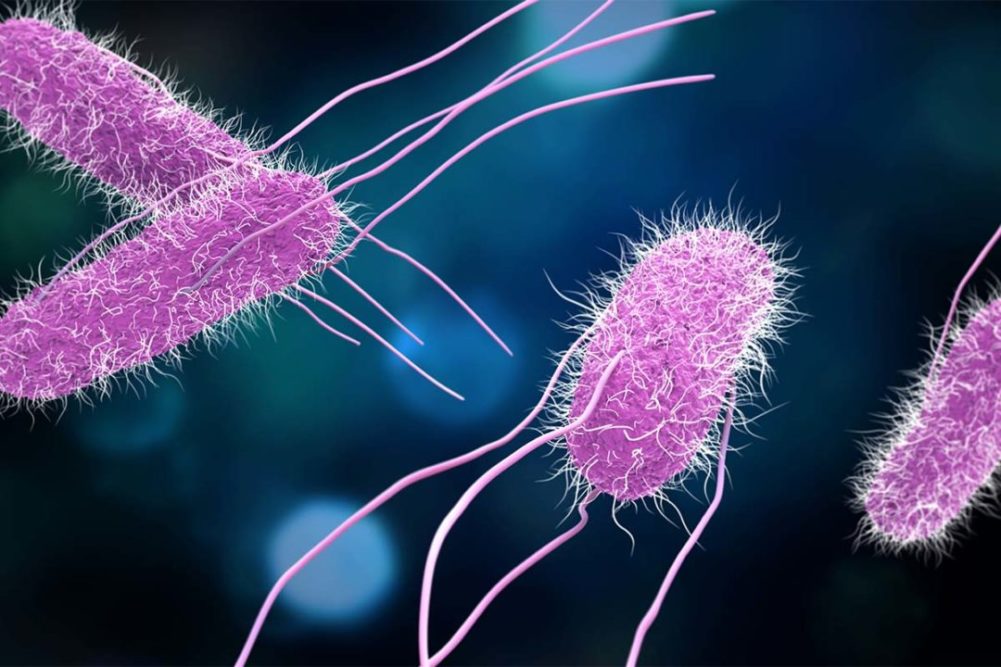MANHATTAN, KAN. – A study at Kansas State University will look at ways to decrease the incidence of Salmonella in ground turkey.
University researchers plan to collaborate on the study with Cargill and the US Department of Agriculture’s (USDA) Agricultural Research Service on predicting Salmonella contamination in turkey flocks prior to harvesting.
Jessie Viphan, an assistant professor at KSU’s Department of Animal Science and Industry was awarded a grant of $589,000 from the USDA’s National Institute of Food and Agriculture.
“Our goal is to identify an effective pre-harvest, pre-grind sample to predict Salmonella contamination in turkey flocks destined for ground turkey,” Vipham said.
With the grant, Vipham will be able to conduct on-farm tests with senior research scientist Anna Carlson.
“Turkey producers will be able to use this sampling strategy to create diversion programs for turkey flocks to be harvested at specific times – such as the last part of the day – or for turkey parts to be used in specific programs,” Carlson said. “That will help to reduce the risk of cross-contamination within the facility.”
According to USDA information from 2021, Salmonella is rarely detected in whole turkeys, but inspectors still found 18% in ground turkey samples in 2020.
Vipham added that the study would help identify targeted control points, particularly pre-harvest, that will stop Salmonella contamination.
K-State notes that the research will begin in this month and go on for three years. They are hoping to build on the knowledge of foodborne pathogens in turkey production and pre-harvest samples that can accurately predict Salmonella in ground products.
“Although our collaboration is with Cargill, this project was designed with the entirety of the turkey industry in mind,” Vipham said. “We have strong potential to improve pre-harvest and post-harvest practices, but we also believe this is the first study that will identify turkey risk factors for Salmonella from pre-harvest and post-harvest samples.”


